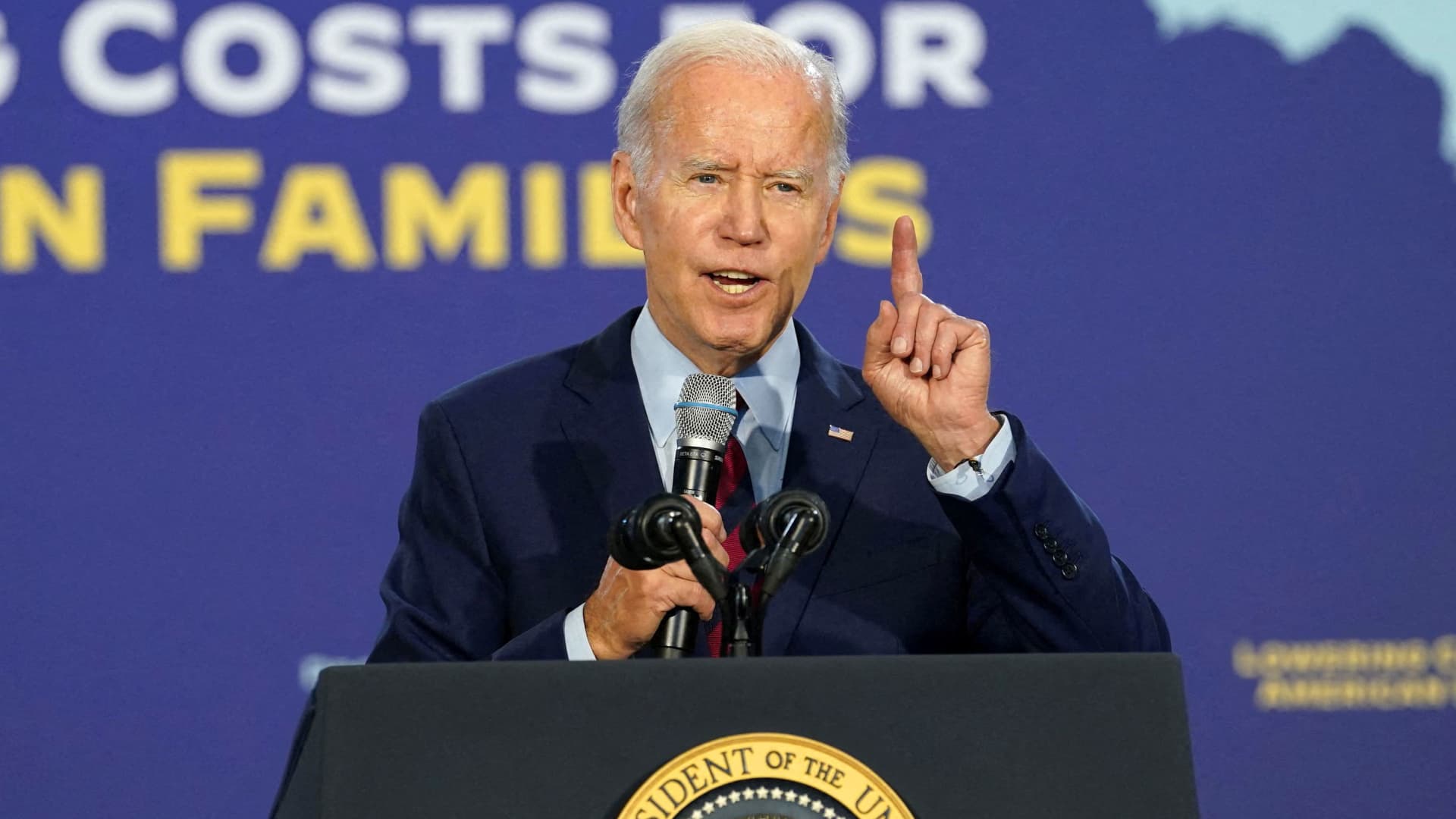The Biden administration on Thursday asserted its authority to seize the patents of certain costly medications in a new push to slash high drug prices and promote more pharmaceutical competition.
The administration unveiled a framework outlining the factors federal agencies should consider in deciding whether to use a controversial policy, known as march-in rights, to break the patents of drugs that were developed with federal funds but are not widely accessible to the public. For the first time, officials can now factor in a medication’s price — a change that could have big implications for drugmakers depending on how the government uses the powers.
“When drug companies won’t sell taxpayer-funded drugs at reasonable prices, we will be prepared to allow other companies to provide those drugs for less,” White House National Economic Advisor Lael Brainard said during a call with reporters Wednesday.



They do:
You have certainly earned that nick. Hang on, I’ve got scissors around here somewhere…
In that case fuck the pharma companies, exercise the shit out of that contract.